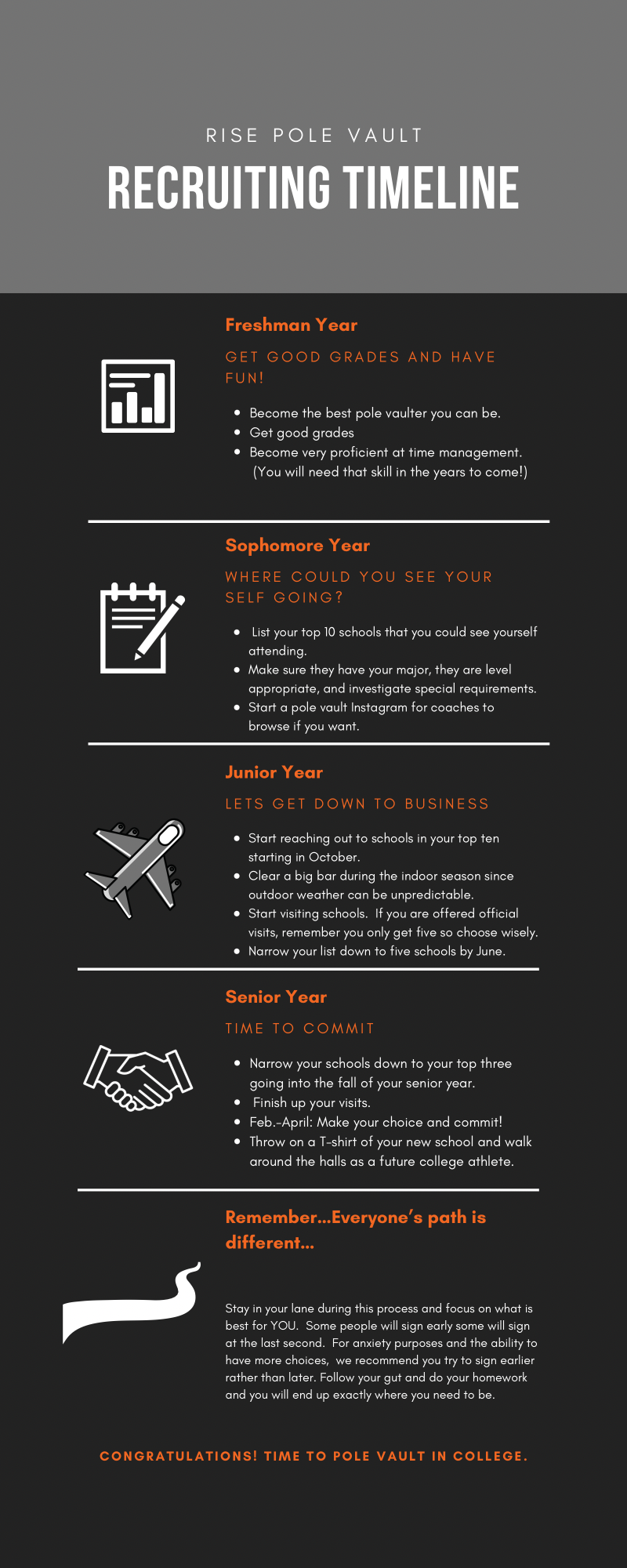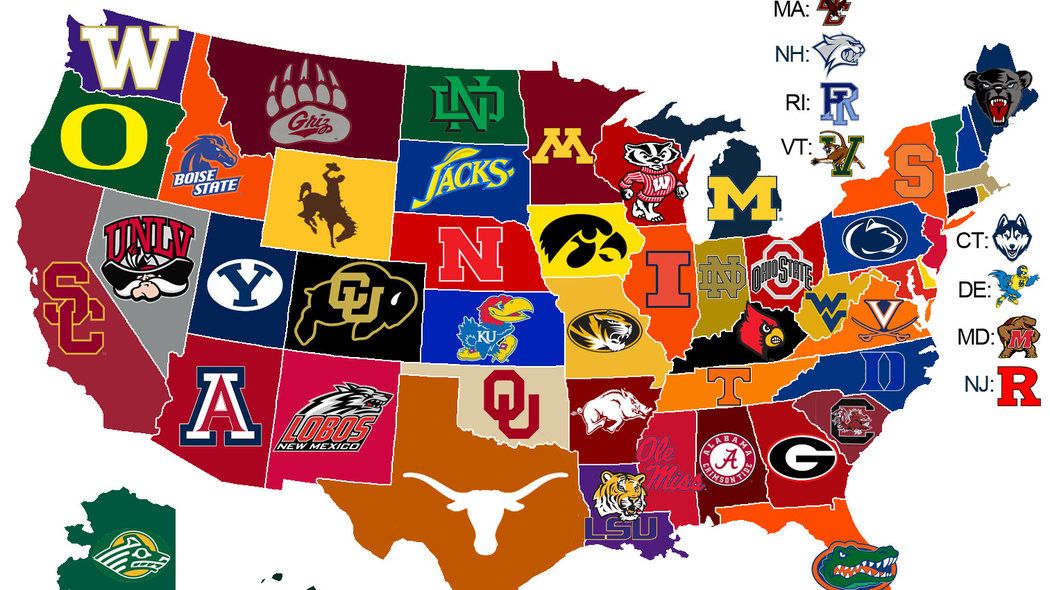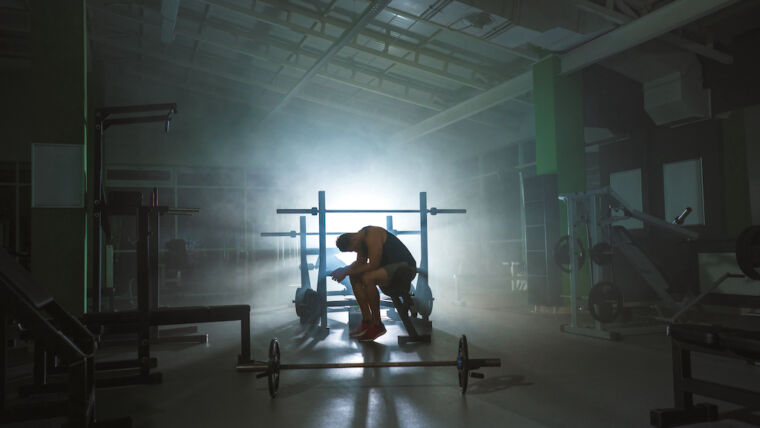Do you know what is better than pole vaulting in high school? college pole vaulting!!! A lot of people think that only the most elite high school pole vaulters can pole vault in college, but that just isn’t true. There are so many schools out there and they each have unique requirements and serve athletes of many different ability levels. Chances are, there is a school out there for you if you want the opportunity ?.
“Ok cool, so you got me thinking about giving this a shot, but where do I start? I know nothing about the recruiting process!!” No worries, we got you. What we have provided below are some simple FAQs and then a recruiting timeline/checklist at the bottom to set you on the right track. Don’t let this process scare you. Just jump in and get started. Will you hear “No”? Absolutely…but who cares??? Every time you hear no, you are closer to finding the RIGHT school for you. It will all be worth it when you hear that “Yes” ?.
How to scholarships work in track and field?
Fully funded men’s NCAA DI & DII schools splint 12.6 scholarships between the entire track team. NAIA has 12, and DIII schools do not have athletic scholarships.
Fully funded women’s NCAA DI schools split 18 scholarships between the entire track team, DII has 12.6, NAIA has 12, and DIII schools do not have athletic scholarships
The overwhelming majority of college pole vaulting scholarships are partial scholarships, and in order to receive one of these scholarships you must at least have the ability to score at that schools conference meet your freshman year of college.
How high do I have to jump in high school to pole vault in college?
What is a good pole vault height? Below are average pole vault height/general height pole vault standards in order to compete at varying collegiate levels. Remember, that each school is different but these are good guidelines to help you narrow your search:
Men
DI: 15’0”-18’4” DII: 15’0”-16’2” DIII: 14’0”-15’7” NAIA: 14’0”-15’7”
Women
DI: 12’6”-14’0” DII: 11’6”-13’0” DIII: 10’0”-12’0” NAIA: 10’0”-12’0”
How do I know if I could potentially get a scholarship for pole vaulting?
There are two good ways to check and see if you could possibly be offered a scholarship from a particular school. First is to check the results of the school’s previous years conference track meet. Could you could place in the top 3 at that meet your freshman year in college pole vaulting or have you already vaulted high enough to place in the top three? The second is to see what the qualifying standards are for the national meet. Could you qualify for nationals your freshman year? If you answered yes to both of those, you are in a good position to talk about scholarship money.
How do I know if I could potentially walk on at a school I want to attend?
If you are looking to walk on at a school the best way to see if you are going to have a shot is to see if you could score points at their conference meet your freshman year. The best way to find that out is to look up the results of their conference meet the previous year and compare your current marks to what would be in the top 8 places. If you could score points for that team right away, you have good grounds to ask for a walk on spot.
I have met the height requirements to walk on at a school, but they wont let me walk on, why is that?
Unfortunately your dream school may not be an option even if you have accomplished more than enough to pole vault there. Each team is different in how many vaulters that have on their squad and how much money is allocated to the pole vaulters. Sometimes timing is everything, and you could have great stats and graduate when there is an opening and maybe some scholarship money at your dream school. Perfect! You could also have great stats and graduate when there are no spots open at your dream school. In that case, it’s time to find a new dream school!!!
How much do pole vaulters generally get for scholarships?
Well let’s use coach Jake for an example on this question. Jake was a four time state qualifier, 3x All State, had jumped 16’7, and was ranked 6th in the country in high school. He went to University of Alabama on a 60% scholarship. That was the highest offer from any of the schools he looked at. The best college pole vaulting school in the country at the time, University of Washington, offered Jake a “books” scholarship. Jake had aspirations of going to a “big time” Division I school and he knew that he would be taking a lesser scholarship offer in order to do that. If he were to go to a smaller Division I, Division II, or NAIA school it would have been realistic to possibly get a full ride scholarship.
Another example would be coach Luke. He was a four time state qualifier, 2 time state champion, state record holder at 17’5. He was offered 70% by Kansas State and, in our opinion, was more than 10% better than Jake. It all just depends on the school, their philosophy, and what their needs are at the time you graduate.
What is NAIA, and can I get a scholarship at one of these schools?
Like NCAA, the NAIA is a governing body of collegiate athletics. There have been incredible athletes go through this system and have great success. The NAIA is not under as restricted scholarship rules as the NCAA, so there are possibly more scholarships available if you attend an NAIA school.
What is an official visit? How many can I go on?
An official visit is a when a coach asks you to come and visit their school with generally all expenses paid such as your flight, hotel, and meals. You are allowed to go on five official visits.
How many unofficial visits can I go on?
You can go on as many unofficial visits as you would like, but they are on your own dime.
Is Division I the best and Division III the worst?
Well yes and no. If you would like to pole vault at a Division I school, you will need to be in that “one of the best” category. So in that sense Division I schools are looking for the best and generally have the highest pole vaulters across the three NCAA divisions.
With that being said, we compete in an objective sport which means that if someone jumps, let’s say 18 feet, at a Division III school, it is still 18 feet and they still can qualify for the big meets like the USATF Championships and Olympic Trials. So, you will see really great pole vaulters across all divisions, but the level of competition separating D I schools and DII/ DIII is significant in general.
Are there any benefits to going to a Division III school?
There are different benefits at all levels, but there are two that are kind of unique to DIII schools. In general DIII schools are smaller in population and can offer more intimate learning environments for your schooling. Another big benefit to DIII schools is that the turn over of coaches is significantly less than the coaching turn over at DI schools. There is a good chance that the DI coach that recruits you will not be your coach for all four seasons that you are competing for that school. There are many cases that we have dealt with where an athlete is recruited by a coach and the coach has resigned by the time they moved in their freshman year. It is a good idea to ask the coach directly if they plan to be coaching their for the next four years.
Will RISE contact a coach for me?
If you are a member at RISE, we are here to help you on this exciting journey into college pole vaulting, but we are NOT SELLING ATHLETES TO COACHES! Nothing would make us more happy than to help support you transition to the next level, but here are some things that we will and will not do in that process.
- How long do college coaches take to respond? We will respond to a reasonable number of emails, texts, and phone calls from college pole vaulting coaches that would like to learn more about you and your vaulting. We do this all the time for athletes that are in need of support and we always try to do this in a timely manor.
- We will NOT start the initial conversation with a pole vault coach, because this is the athlete’s job. Coaches want to see you initiate the conversation. They don’t want telemarketers calling them trying to sell the next big collegiate pole vaulter. Now there are certain times where we have close relationships with coaches and we have a gut feeling that someone would be a “perfect match” at a certain school. In a case like that, we may reach out to the pole vault coach first, but this is not common and must be organic.
- We will NOT lie to a pole vault coach or try to sell a coach on an athlete. Coaches don’t want this. You don’t want this. In order to serve our members to the best of our ability, all three parties (RISE, college pole vault coach, and prospective athlete) must be open and honest with each other. The good news is that college coaches are looking for POTENTIAL. If they see that an athlete is already as good as they are going to get and a complete package they may not be as interested, because their may not be a lot of room for that athlete to grow and positively impact their team in the future.
What are the top three things I can do to help my chances of college pole vaulting?
This is a simple answer; get good grades, listen to your RISE coaches and train hard causing you to pole vault high, and start the recruiting process on time.
Get good grades: This will make the case much easier when a pole vault coach goes to their head coach and asks to give you a spot on the team. You will not appear as someone who may be a liability and could potentially become ineligible.
Listen, train, and vault high: At the end of the day, college pole vaulting programs want to recruit pole vaulters who pole vault high. You give yourself the best chance of pole vaulting high when you listen to your coaches at RISE, train hard, and are patient in the process of improvement.
Start the recruiting process on time: You want to be able to choose where you want to go to school. If you wait too long, the choice will be made for you in a way, because you will have to choose from what is left over. Don’t wait! It never hurts to open up that line of communication early. We know it can be nerve wracking, but you have to put yourself out there. Will people say no? Absolutely. No big deal though. Accept it and move on to the next! The right school will say yes, and you will end up where you need to be in the end.
Should I attend camps of the colleges I want to go too?
If you want too, but it really isn’t as important as in some other sports. In some other sports it is a “thing” to attend the camps of the schools you want to go too. In our sport it is not a “thing”.
What is the best way for me to reach out to colleges?
We would say email at first. You should include a short but sweet message telling them a little bit about yourself. And then include a couple videos. Here are a few pieces of content to include in your initial email to a college pole vault coach.
-
- Name, age, school
- Personal best
- Accolades
- Pole size and grip
- Some speed metric
- Your academic stats
- A video of your Personal best
- A video of one of your favorite vaults where you feel like you technically were sound.
How often should I reach out to coaches? What do I do if they don’t answer?
After you initially reach out to a coach, wait for a week or two for a response. If you haven’t received a response, send a polite email asking if they had seen your email, and then include the same contents from your first email so they don’t have to go searching for it. If they don’t respond after that one, wait two weeks and hit it again. If they still don’t respond MOVE ON! It wasn’t meant to be and there is a better place out there for you.
Is social media important in college recruiting?
Some coaches do check social media and have specifically mentioned to us that they use it as a recruiting tool. The overwhelming majority of coaches use Instagram for this purpose. In one instance, a pole vault coach mentioned that they were recruiting one of the best vaulters in the country, and after visiting their Instagram, they decided to not pursue that athlete. This is not to scare you, but to just make you aware that your social media is a direct representation of who you are, so make sure it is sending an accurate message to it’s viewers.
Some athletes create a “pole vault” IG handle to post up their pole vaulting related content so coaches can easily follow and keep up to date with their progress. If you are in need of video, RISE instructors can easily get a video for you if you ask.
So there you have it!
This should get you off to a great start. Oh wait….TIMING IS EVERYTHING!!! It’s so important to make sure that you start this process at the right time. You want to have a choice in where you go, and not be stuck with what is left over. Here is a good timeline for your recruiting process…
RISE Higher.





